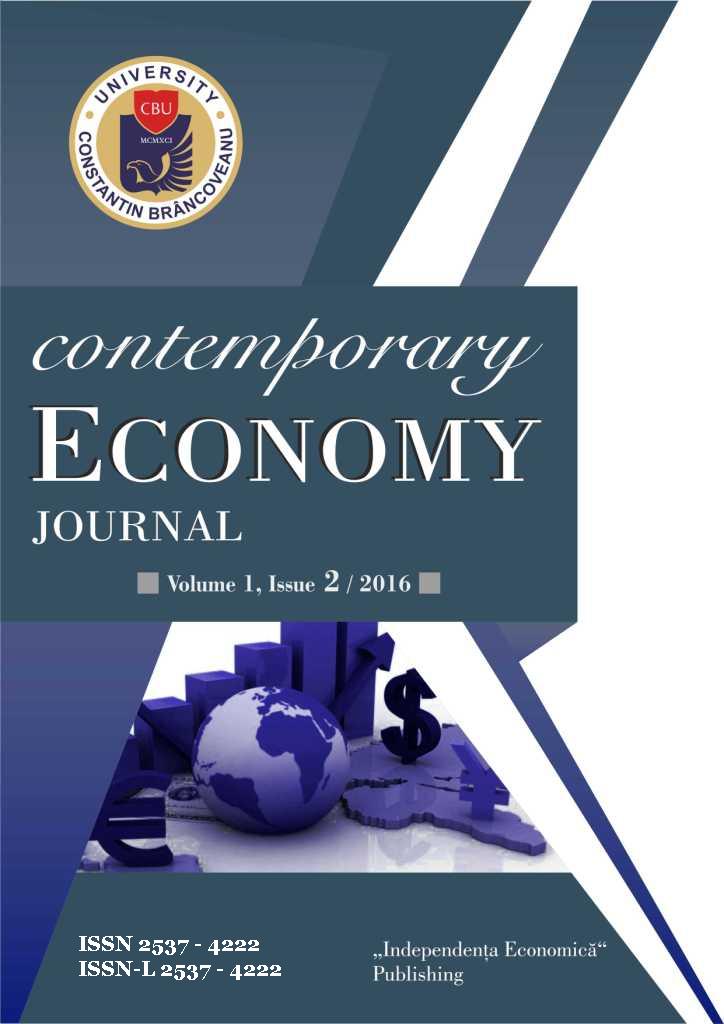MODELE DE AFACERI DIN ECONOMIA CIRCULARĂ
BUSSINESS MODELS OF CIRCULAR ECONOMY
Author(s): Gabriela – Cornelia PiciuSubject(s): Business Economy / Management, Evaluation research, Economic development
Published by: EDITURA INDEPENDENŢA ECONOMICĂ
Keywords: circular economy; business models; clean production; leasing models;
Summary/Abstract: This article considers the role of circular business models in efficient and sustainable growth. Circular economy is a fundamental change in the way products are designed, manufactured, sold and consumed. The company who assimilates circular economy principles must adopt new business models, especially this means the transition from selling products to selling services. In these business models, companies retain property rights on products. Thus, companies have an incentive to reduce environmental impact through design for prolonging the life of the product.Because reuse is taken for a circular economy, the role of the consumer is replaced by the user. For companies, this change requires a different way of thinking about implicit contract with clients. In a linear economy based on purchasing and consumption, the goal is to sell the product. In a circular economy, the aspiration would be to rent it to ensure that its materials were returned for reuse. Where products are to be sold, would create incentives for companies to ensure their return and reuse. Leasing models are a rarity in many industries, although it would benefit both customers and companies from these models.
Journal: REVISTA ECONOMIA CONTEMPORANĂ
- Issue Year: 1/2016
- Issue No: 2
- Page Range: 85-97
- Page Count: 13
- Language: English, Romanian

